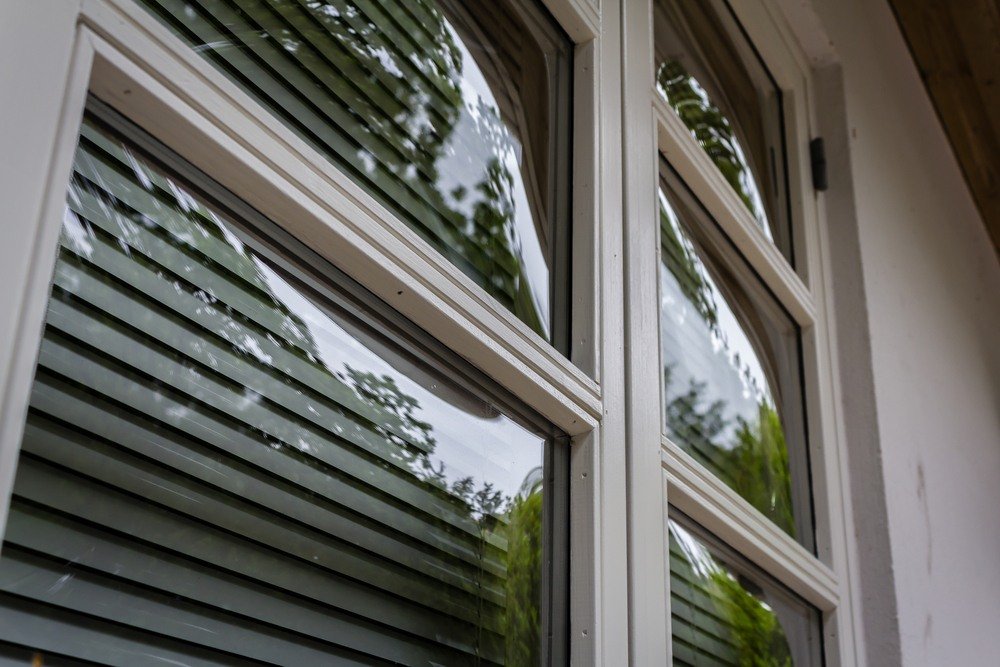
Windows, especially the older, single-pane windows, can make your energy bills skyrocket. They can increase your electric bill by up to 25% by allowing heat to escape your home in winter and warm air from the sun to enter in summer.
Many older windows are single-pane and allow air to pass through them, meaning very little to no insulation from outside temperatures. Replacing these windows with new, energy-efficient glass can help lower your HVAC costs significantly.
Here’s how:
Energy-Efficient Windows
Advanced window technology allows homeowners to lower their HVAC and electric bills. They also come at affordable and reasonable prices. Thus, many homeowners are replacing their older, single-pane windows with new dual- or triple-pane windows.
In between the dual- and triple-pane windows is a vacuum or gas that reduces heat transfer significantly. These windows are designed and insulated to seal air leaks, thereby keep your electric bill down.

Panes of Glass
When buying new windows, you must consider the number of panes of glass your window will have. These are:
Single pane glass: the most basic type of window. They are made up of only one pane of glass and can keep elements like dust and dirt out. They don’t perform well when it comes to insulation
Double pane glass: the most common type of glass used in most homes. They are made up of two panes of glass and do a relatively good job insulating your home, and are fitted with gas in between the panes
Triple pane glass: the most expensive window type but also the most energy-efficient. They have three panes of glass and are fitted with either krypton or argon gas
What to Look for When Shopping for Energy-Efficient Windows
Insulated glass
Krypton and argon gases can enhance the energy efficiency of your windows by functioning as insulators to create a more comfortable living environment. These gases make it harder for any cooling or heating to pass through the glass.
Low E-Coating
This is an energy-efficient coating material that minimizes the amount of UV and infrared light that passes through your glass window. Low E-coating will either retain or reflect heat while reducing energy costs.
U-Factor
This measure of heat transfers from the entire window, including the sash, frame, and glass unit. If your window has a lower U-Factor, it means it has higher quality insulation and more excellent resistance to heat flow.

Hire a Professional Window Installer to Fit Your Energy-Efficient Windows
Hire a professional window installer from Semper Fi Exteriors to help you choose the best energy-efficient windows for your home. Our team works round the clock to ensure your home is fitted with the best energy-efficient windows to lower your HVAC costs.
Contact Us for more information on energy-efficient windows and how to find the best option for your home.
